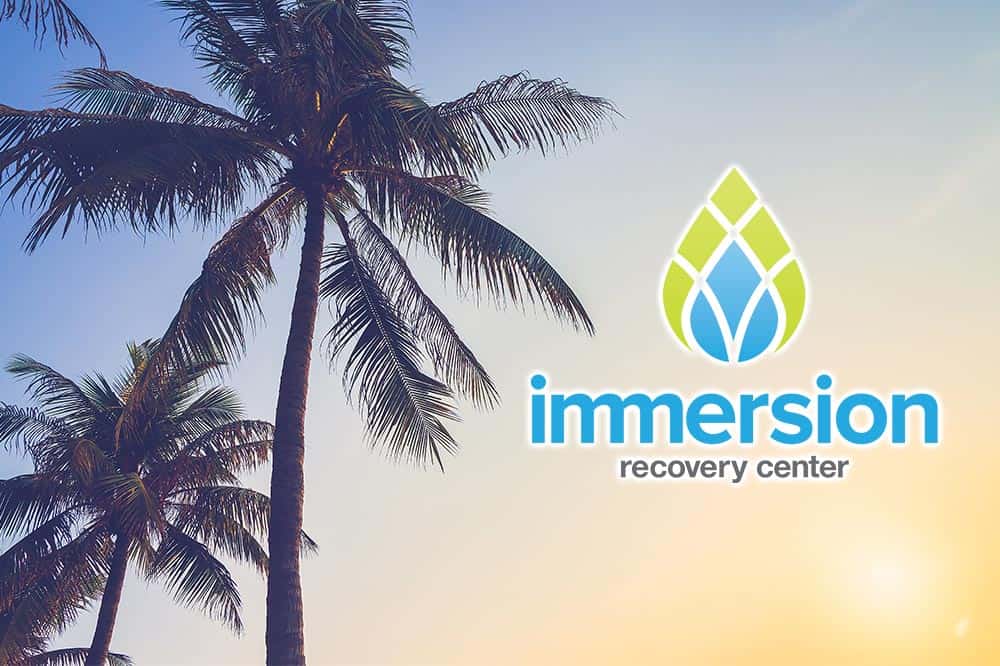Tips for Talking About Drug Use
Plus a Parent’s Guide to Drug Paraphernalia
Plus a Parent’s Guide to Drug Paraphernalia
Raising a child is no small feat. Regardless of how many self-help books you read on the joys of parenting, how many online seminars you watch or how well-equipped you think you are, you are inevitably going to run into a range of unanticipated challenges along the way. One of these challenges comes during young adulthood, when your child could be introduced to a range of chemical substances by their peers. It is not uncommon for adolescents and young adults to experiment with alcohol, marijuana and other commonly used and readily available substances. If you have a child nearing this age, you may have already sat them down for a talk.
At The Immersion Program we know no matter how much energy you put into prevention, your children are their own people and they are going to make their own decisions regardless. The good news is, the situation is not entirely out of your hands. There are steps you can take to ensure that recreational substance use and experimentation never gets out of control. If you are dealing with a child who has developed a substance use disorder, there are also many ways to help. At The Immersion Program we offer age-specific programming for younger adults who are struggling with alcoholism or drug addiction. To learn more about our recovery program or to help a loved one get started on their personal journey of recovery, contact us today.
What Preventative Measures Can Be Taken?
Some might write-off teenage experimentation as a simple right of passage or as a part of growing up. However, it is important to understand that adolescents, teenagers and young adults are exposed to much more than beer and marijuana in current times. As more drugs and new methods of ingestion continue hitting the market, it’s important that you take steps towards prevention while your children are still young. When an adolescent or young adult uses chemical substances, cognitive functioning can be permanently impaired and the risk of developing an addictive disorder in adulthood increases significantly. While preventative techniques don’t always mean the difference between abstinence and experimentation, they can certainly have a positive impact and plant some vital seeds.
We Are Here For You
Let Us Help You Heal
Our [acf field=”detox_cta_field-drugname”] detoxification experience is second to none.
Learn how we can help by speaking with one of our Treatment Advisors today.
Your child could be at higher risk of developing a substance abuse disorder if:
- There is a history of substance abuse and dependence in your immediate (or extended family).
- Your child has a pre-existing mental health condition, which could include depression, anxiety or attention deficit-hyperactivity disorder (ADHD).
- Your child has a personal history of trauma, which could include anything from the loss of a close friend or family member to involvement in a motor-vehicle accident.
- Your child already has a propensity towards engaging in risk-taking behaviors.
- Your child is bullied at school or has faced some degree of social rejection/your child suffers from low self-esteem.
Our Treatment Services Include
Tips for Talking About Drugs
Below are several steps we recommend you take when talking to your child about drug use. If you would like any additional advice or guidance, contact us today. At The Immersion Program many of our Treatment Advisors have helped a loved one through the addiction recovery process and are willing and available to answer any questions you might have.

- Open a conversation by asking your child what they think about drug and alcohol use – Avoid lecturing your child or telling them what they “can and can’t do.” Instead, facilitate a conversation that is open and honest on both ends. It might help to share personal experiences so your child feels more comfortable opening up and is less afraid of “getting in trouble.”
- Discuss why chemical substances should be avoided without engaging in scare tactics or threatening – For example, saying something like, “If you make the decision to use drugs, many areas of your life will be negatively impacted,” and explain how. This is generally much more effective than saying things like, “If you smoke meth your teeth will rot out,” or, “If you use drugs in my house you’d better start looking for somewhere new to live.”
- Establish consequences – This can be done without engaging in scare tactics or making outright threats. Frame things in a more helpful way, taking realistic circumstances into account. For example, say something like, “If you go to a party and you feel uncomfortable because there’s drinking and drug use, we’ll come pick you up, no questions asked.”
- Talk openly about the reality of peer pressure and how to effectively turn down offers – Explain to your child there will come a time when drugs and alcohol are offered, and brainstorm different ways to say “no.” Many adolescents and young adults initially use chemical substances because they’re afraid of social rejection. This is a good opportunity to relate back to your own experiences with peer pressure and what they have taught you.
- If you catch your child watching a movie or television show that glamorizes drug use, open a discussion about it – Most children go through a rebellious phase sometime in young adulthood, and simply turning off the television and stating, “You aren’t allowed to watch this,” might peak their interest more. Instead, say something like, “I noticed the teenagers in the show you watch smoke a lot of pot. What do you think about that?”
Ready To Begin Your Treatment?
Let Us Help Your Family Heal
Our family therapy program is second to none.
Learn how we can help your family by calling a Treatment Advisor now.
Guide to Modern Drug Paraphernalia
You’ve spoken with your child openly and honestly about the dangers involved in drug use and underage drinking. Of course, taking preventative measures is not a guarantee. There is still a chance that your child will be tempted to experiment, and you might end up finding some paraphernalia stashed under the bed or in the sock drawer. Identifying paraphernalia might be a little more difficult now than it ever has been, seeing as young adults have access to much more than ever before.
Common Paraphernalia:
- Pipes and bowls – Marijuana is often smoked out of colorful glass bowls that might smell strongly of cannabis residue. Crack cocaine is smoked out of a glass cylindrical pipe. Methamphetamine is often smoked out of a pipe that looks like a cross between the two; a cylindrical pipe with a glass sphere at the end.
- Spoons, torn up cotton balls or q-tips, and bandanas/belts – These items are often indicative of intravenous drug use (along with used syringes). Opiates like heroin are most commonly used intravenously, though many other drugs can be reduced to a liquid and injected.
- Plastic baggies and similar items – Small plastic baggies and folded saran wrap or aluminum foil could have held illegal drugs. It is also common for drugs to be stashed in fake aluminum cans and other secret hiding places.
- Aluminium foil – Aluminium foil is frequently used to smoke certain kinds of chemical substances like cocaine and heroin.
I found paraphernalia, now what? If you do find something suspicious in your child’s bedroom, bathroom or vehicle, what steps should you take? At The Immersion Program we recommend reaching out to a professional for assistance before making any rash decisions. Reach out to a Guardian Recovery Network treatment center in your area to get in contact with an individual therapist who has a background in substance abuse and dependence. Simply contact us for resources in your area.
Begin Healing Now!
Have A Call With One Of Our Treatment Advisors
Don’t Suffer Any Longer
Our Simple & Straightforward Admissions Process
When you or your loved one is ready to ask for help, The Immersion Program will be here. Our admissions process is simple and straightforward and can be completed in as little as 15 minutes. We provide a complimentary addiction assessment, an insurance benefit check and help coordinate local travel to our facility. All you or your loved one has to do is ask for help, we will take care of the rest. We understand how difficult it can be to watch your child struggle with addiction. Most of our Treatment Advisors are either in recovery themselves or have helped a loved one through the process. This allows us a unique and compassionate perspective. Rest assured we are available to help you along every single step of the way. Contact us today to learn more.
Get Started Now
Give us a call 24/7
(888) 693-1604

Reviewed for accuracy by :
Susan Shirley
LMHC
Serving as the Inpatient Clinical Director at Immersion Recovery Center, Susan will work directly with staff members, clients, and family members to ensure the clinical program remains as effective and individualized as possible. Susan is no stranger to the fields of behavioral health and addiction. She has over 25 years of experience, working in an inpatient setting, an outpatient setting, acute stabilization and nearly all other settings in the realm of addiction recovery.


















